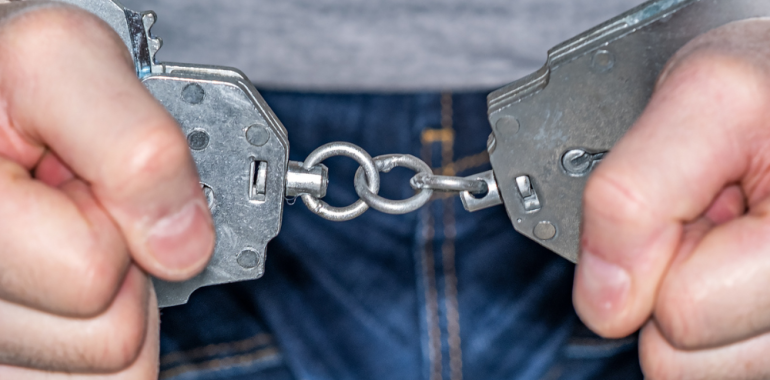Americans freed in US-Venezuela swap touch down on US soil after years of ordeal

Americans freed in US-Venezuela swap touch down on US soil after years of ordeal
Under the shadow of a controversial prisoner exchange, ten Americans detained in Venezuela for years finally touched down on US soil Wednesday evening, landing at Joint Base San Antonio-Lackland. Their arrival marked a dramatic chapter in a tense diplomatic standoff between the two countries, leaving questions swirling about the cost of their freedom and the potential for future US-Venezuela relations.
The freed Americans, a diverse group including business executives, missionaries, and a Navy veteran, had been held in Venezuela for varying lengths of time, facing charges ranging from espionage to economic crimes. Some, like oil executive Eyvin Hernandez, languished in jail for over four years, separated from family and facing uncertain futures. Their plight became a rallying point for advocates and their families, who lobbied the US government for their release.
The breakthrough came last week with the unexpected prisoner swap. In a move raising eyebrows across the political spectrum, the Biden administration granted clemency to Colombian businessman Alex Saab, a close ally of Venezuelan President Nicolás Maduro, who was facing money-laundering charges in the US. In exchange, Venezuela agreed to release the ten Americans and 20 Venezuelan political prisoners.
News of the deal met with mixed reactions. Families of the freed Americans celebrated their return, expressing relief and joy after years of hardship. However, critics slammed the deal, questioning the release of a figure like Saab and arguing it signaled a dangerous concession to a repressive regime. Some also expressed concerns about the precedent set for future hostage situations.
Upon landing at Joint Base San Antonio-Lackland, the Americans were greeted by medical personnel and families, their emotions etched on their faces. Some embraced loved ones for the first time in years, their eyes glistening with tears. Others, visibly weakened by their ordeal, received medical attention after long stretches in often-harsh Venezuelan prisons.
Beyond the human drama, the prisoner swap carries significant geopolitical implications. While the Biden administration hailed it as a “humanitarian achievement,” analysts warn it could complicate relations with Venezuela, a country already ostracized by the US and facing severe economic sanctions. The release of Saab, seen as a key Maduro confidante, could be interpreted as a softening of US stance towards the Venezuelan government, potentially raising concerns among regional allies.
Furthermore, the swap casts a spotlight on the complex web of US hostage diplomacy. While securing the release of detained Americans remains a top priority, critics argue that resorting to deals like this raises ethical concerns and sets a potentially dangerous precedent for engaging with non-democracies. The question of whether concessions like the release of Saab are warranted for the freedom of American citizens will undoubtedly continue to spark debate.
As the freed Americans begin their journey back to normal life, the echoes of their ordeal and the intricate diplomacy surrounding their release will linger. The US-Venezuela prisoner swap stands as a reminder of the complexities of international relations, the high price of hostage situations, and the enduring human cost of geopolitical tensions.
Key Points:
- Ten Americans held in Venezuela for years land in US after prisoner swap with Venezuelan ally.
- Move sparks debate about concessions made and long-term implications for US-Venezuela relations.
- Ethical questions raised about prisoner swaps and the cost of securing release of American citizens.
- Event highlights complexities of international hostage diplomacy and enduring human cost of geopolitical tensions.